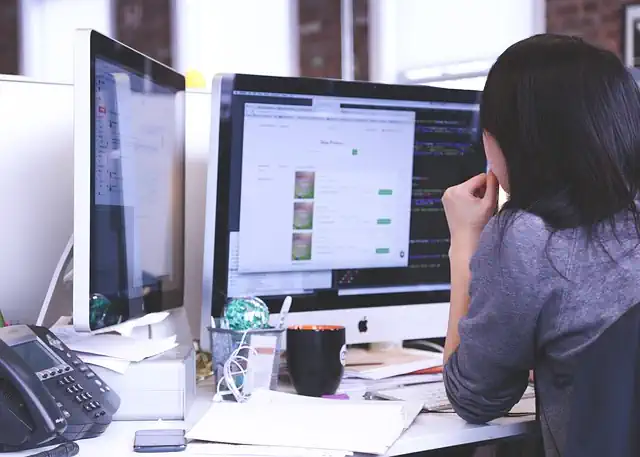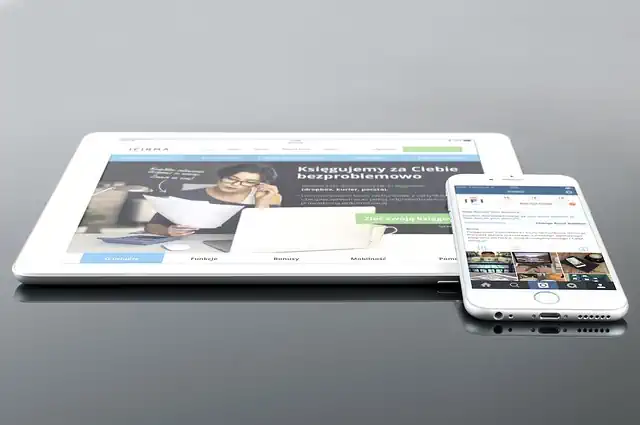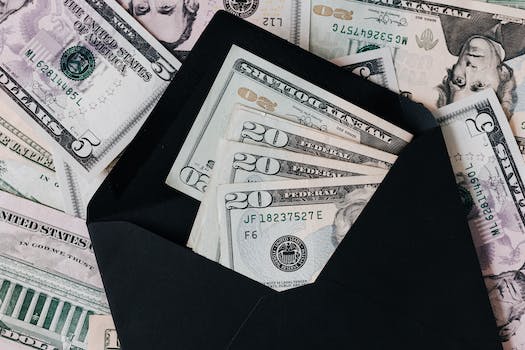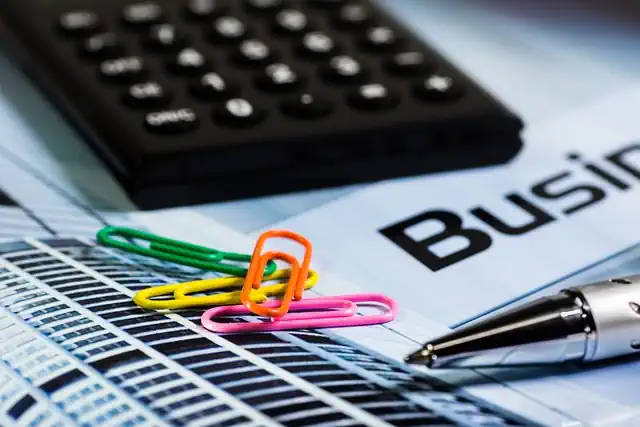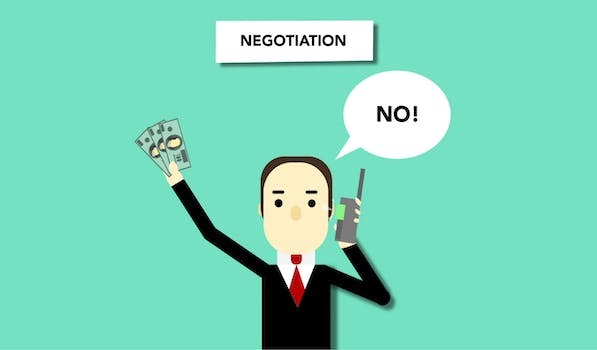How Can I Save Money Without A Bank Account
Introduction
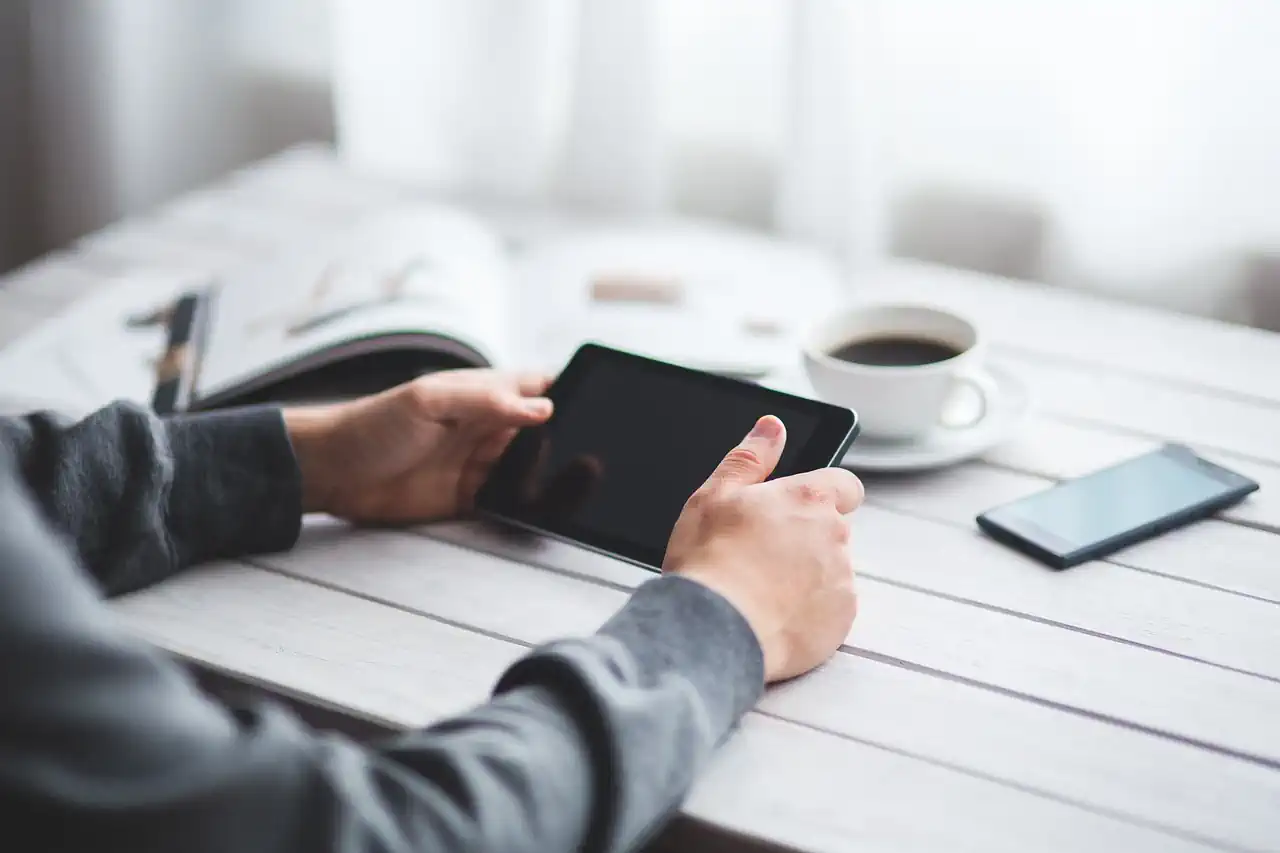
Introduction: Saving money is an essential aspect of financial planning. However, not everyone has a bank account to store their savings. In this article, we will explore some ways to save money without a bank account.
5 Ways to Save Money Without a Bank Account
Saving money is an essential aspect of financial stability. However, not everyone has access to a bank account, which can make saving money seem like a daunting task. Fortunately, there are several ways to save money without a bank account. In this article, we will explore five ways to save money without a bank account.
1. Use Cash Envelopes
One of the most effective ways to save money without a bank account is by using cash envelopes. This method involves setting aside a specific amount of cash for each expense category, such as groceries, transportation, and entertainment. You can then place the cash in separate envelopes labeled with the expense category. This method helps you keep track of your spending and ensures that you do not overspend in any category.
2. Utilize Prepaid Debit Cards
Prepaid debit cards are an excellent alternative to traditional bank accounts. These cards allow you to load money onto them and use them for purchases just like a regular debit card. You can also use them to pay bills and withdraw cash from ATMs. Prepaid debit cards are widely available and can be purchased at most retail stores.
3. Join a Credit Union
Credit unions are non-profit financial institutions that offer many of the same services as banks. They are owned and operated by their members, which means they often offer lower fees and better interest rates than traditional banks. Credit unions also offer savings accounts, which can help you save money without a bank account.
4. Use a Money Order
Money orders are a secure and convenient way to send money without a bank account. They can be purchased at most retail stores and can be used to pay bills or send money to friends and family. Money orders are also a great way to save money because they require you to pay upfront, which can help you avoid overspending.
5. Utilize Online Payment Services
Online payment services, such as PayPal and Venmo, are excellent alternatives to traditional bank accounts. These services allow you to send and receive money online, pay bills, and make purchases. They also offer features such as budgeting tools and savings accounts, which can help you save money without a bank account.
In conclusion, saving money without a bank account is possible. By using cash envelopes, prepaid debit cards, credit unions, money orders, and online payment services, you can effectively save money and achieve financial stability. It is essential to choose the method that works best for you and to stick to a budget to ensure that you are saving money consistently. With these tips, you can take control of your finances and achieve your financial goals.
Alternative Methods for Storing and Managing Your Money
As the world becomes increasingly digital, it’s easy to assume that having a bank account is a necessity. However, for many people, this simply isn’t the case. Whether you’re unable to open a bank account due to a poor credit score or simply prefer to manage your money in a different way, there are plenty of alternative methods for storing and managing your money.
One option is to use a prepaid debit card. These cards work similarly to traditional debit cards, but instead of being linked to a bank account, they’re loaded with a set amount of money. You can use them to make purchases and withdraw cash from ATMs, just like you would with a regular debit card. The main advantage of prepaid debit cards is that they don’t require a credit check, making them accessible to people who might not be able to open a bank account. However, they often come with fees for things like reloading the card or checking your balance, so it’s important to read the fine print before signing up.
Another option is to use a money order or cashier’s check. These are essentially like paper versions of a prepaid debit card – you purchase them with cash, and then they can be used to make payments or send money to other people. Money orders and cashier’s checks are often used for things like rent payments or sending money to family members in other countries. They’re generally considered to be safe and reliable, but they can be more expensive than other methods of payment.
If you’re looking for a more old-fashioned approach, you could consider using cash envelopes. This method involves dividing your money into different envelopes for different expenses – for example, one envelope for groceries, one for rent, and so on. This can help you stay on budget and avoid overspending. However, it does require a bit more discipline and organization than other methods, since you’ll need to keep track of how much money is in each envelope and make sure you don’t mix them up.
Finally, you could consider using a mobile payment app like Venmo or PayPal. These apps allow you to send and receive money from other people using your smartphone. They’re often used for things like splitting a restaurant bill with friends or paying a babysitter. Mobile payment apps are generally free to use, although they may charge fees for certain transactions (such as transferring money to a bank account). They’re also convenient because you can use them to make payments from anywhere, as long as you have an internet connection.
Of course, there are some downsides to not having a bank account. For example, you won’t be able to write checks or take out loans. You also won’t have access to some of the other services that banks offer, such as investment accounts or credit cards. However, if you’re able to manage your money effectively using one of the methods listed above, you may find that you don’t need a bank account after all.
In conclusion, there are plenty of alternative methods for storing and managing your money if you don’t have a bank account. Whether you choose to use a prepaid debit card, money orders, cash envelopes, or a mobile payment app, it’s important to find a method that works for you and fits your lifestyle. By taking control of your finances in this way, you can save money and avoid the fees and restrictions that come with traditional banking.
The Benefits of Going Bank-Free and How to Do It
In today’s world, having a bank account is often seen as a necessity. However, there are many people who choose to live without one. Whether it’s due to personal beliefs, financial struggles, or simply a desire for independence, going bank-free is a viable option for many. In this article, we’ll explore the benefits of going bank-free and provide some tips on how to do it.
One of the main benefits of going bank-free is the ability to save money. Banks often charge fees for various services, such as ATM withdrawals, overdrafts, and monthly maintenance. These fees can add up quickly and eat away at your savings. By avoiding banks altogether, you can avoid these fees and keep more money in your pocket.
Another benefit of going bank-free is the freedom it provides. Without a bank account, you’re not tied down to any particular institution. You can choose to use cash, prepaid debit cards, or other alternative financial services. This gives you more control over your finances and allows you to make decisions that align with your values and goals.
So, how can you go bank-free? The first step is to assess your financial situation. Take a look at your income and expenses and determine how much money you need to live on each month. This will help you determine how much money you need to keep on hand and how often you’ll need to access it.
Next, consider alternative financial services. Prepaid debit cards are a popular option for those without bank accounts. These cards can be loaded with cash and used like a regular debit card. They often come with fees, but these fees are typically lower than those charged by banks. Some prepaid debit cards even offer rewards programs, which can help you save money on everyday purchases.
Another option is to use cash. While it may seem old-fashioned, cash is still a viable form of payment. It’s accepted almost everywhere and doesn’t come with any fees. However, carrying large amounts of cash can be risky, so it’s important to take precautions, such as keeping your money in a safe place and only carrying what you need.
If you need to make electronic payments, there are several alternative services available. PayPal, Venmo, and Cash App are all popular options. These services allow you to send and receive money electronically, without the need for a bank account. They do come with fees, but these fees are typically lower than those charged by banks.
Finally, it’s important to be mindful of your spending habits. Without a bank account, it can be easy to overspend and lose track of your finances. Make a budget and stick to it. Keep track of your expenses and make adjustments as needed. By being mindful of your spending, you can avoid financial pitfalls and stay on track towards your goals.
In conclusion, going bank-free is a viable option for those who want to save money and have more control over their finances. By assessing your financial situation, considering alternative financial services, and being mindful of your spending habits, you can successfully live without a bank account. While it may require some extra effort and planning, the benefits of going bank-free are well worth it.
Creative Budgeting Strategies for Those Without Bank Accounts
As the world becomes increasingly digital, it’s easy to assume that everyone has a bank account. However, this is not the case for everyone. Whether it’s due to a lack of trust in financial institutions, a history of bad credit, or simply a personal preference, many people choose to live without a bank account. While this can make certain aspects of life more challenging, it’s not impossible to save money without a bank account. Here are some creative budgeting strategies for those without bank accounts.
First and foremost, it’s important to have a clear understanding of your income and expenses. This means keeping track of every penny that comes in and goes out. While this may seem tedious, it’s essential for creating a realistic budget. Without a bank account, you may need to rely on cash or prepaid debit cards to make purchases. Keep all receipts and record them in a notebook or spreadsheet. This will help you identify areas where you can cut back on spending.
One way to save money without a bank account is to take advantage of discounts and deals. Many retailers offer discounts for paying in cash or with a prepaid card. Look for coupons and promo codes online before making a purchase. You can also save money by buying in bulk or shopping at discount stores. Just be sure to stick to your budget and avoid impulse purchases.
Another strategy for saving money without a bank account is to use alternative financial services. Many check cashing stores and payday lenders offer prepaid debit cards and other financial products. While these services often come with high fees, they can be a good option for those who don’t have access to traditional banking services. Just be sure to read the fine print and understand all fees before signing up for any financial product.
If you’re looking to save money on everyday expenses, consider making some lifestyle changes. For example, you can save money on transportation by walking or biking instead of driving. You can also save money on food by cooking at home instead of eating out. Look for free or low-cost entertainment options, such as visiting a local park or attending a community event. These small changes can add up over time and help you save money without a bank account.
Finally, it’s important to have a plan for emergencies. Without a bank account, you may not have access to traditional savings accounts or credit cards. However, you can still prepare for unexpected expenses by setting aside a portion of your income each month. Consider keeping this money in a safe place, such as a fireproof box or a secure location in your home. You can also consider opening a savings account at a credit union or community bank that doesn’t require a minimum balance or monthly fees.
In conclusion, saving money without a bank account requires a bit of creativity and planning. By keeping track of your income and expenses, taking advantage of discounts and deals, using alternative financial services, making lifestyle changes, and preparing for emergencies, you can successfully manage your finances without a bank account. While it may require more effort and discipline, it’s possible to live a financially stable life without relying on traditional banking services.
Maximizing Your Savings Potential Without a Bank Account
Saving money is an essential aspect of financial stability. However, not everyone has access to a bank account, which can make saving money a bit challenging. Fortunately, there are several ways to maximize your savings potential without a bank account.
One of the most effective ways to save money without a bank account is by using cash envelopes. This method involves setting aside a specific amount of cash for each expense category, such as groceries, transportation, and entertainment. Once the cash in each envelope is depleted, you cannot spend any more money in that category until the next budgeting period. This method helps you stay within your budget and avoid overspending.
Another way to save money without a bank account is by using prepaid debit cards. These cards work similarly to traditional debit cards, but you load them with cash instead of linking them to a bank account. You can use them to make purchases and pay bills, and you can reload them as needed. Prepaid debit cards can help you avoid overspending and keep track of your expenses.
If you receive a regular paycheck, you can also save money by using a payroll card. A payroll card is a prepaid debit card that your employer loads with your paycheck. You can use the card to make purchases and withdraw cash from ATMs. Payroll cards can help you avoid check-cashing fees and save money on banking fees.
Another way to save money without a bank account is by using a money order. A money order is a prepaid check that you can purchase from a post office, grocery store, or other retailers. You can use a money order to pay bills or make purchases, and you can avoid the fees associated with traditional banking.
If you have a smartphone, you can also use mobile payment apps to save money. Mobile payment apps allow you to send and receive money, pay bills, and make purchases using your smartphone. Some popular mobile payment apps include Venmo, PayPal, and Cash App. These apps can help you avoid the fees associated with traditional banking and make it easier to track your expenses.
Finally, you can also save money by using a credit union. Credit unions are non-profit financial institutions that offer many of the same services as traditional banks, but with lower fees and better interest rates. Credit unions are owned by their members, which means that they are more focused on serving their members’ needs than making a profit. If you do not have a bank account, joining a credit union can be an excellent way to save money and access financial services.
In conclusion, saving money without a bank account is possible. By using cash envelopes, prepaid debit cards, payroll cards, money orders, mobile payment apps, and credit unions, you can maximize your savings potential and achieve financial stability. It is essential to explore all your options and choose the ones that work best for your financial situation. With a little creativity and discipline, you can save money and achieve your financial goals.
Conclusion
Conclusion: There are several ways to save money without a bank account, such as using prepaid debit cards, money orders, or cash envelopes. It is important to find a method that works best for your financial situation and to be disciplined in sticking to a savings plan. Additionally, it may be beneficial to consider opening a bank account in the future to take advantage of additional savings opportunities and financial services.

